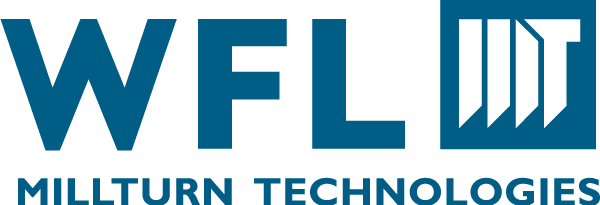EuProGigant
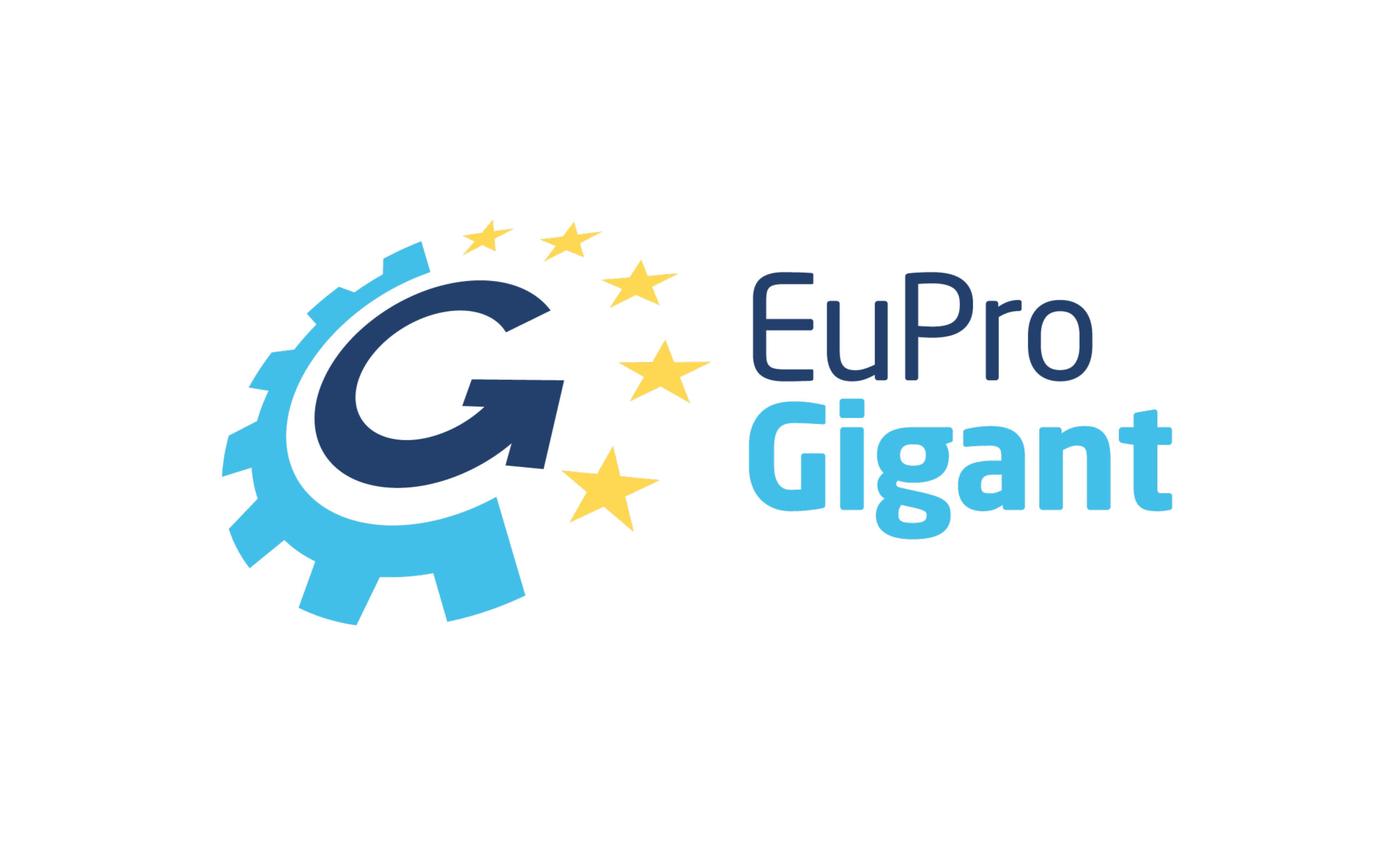

Acronym
EuProGigant
Started
1st March 2021
Ends
31 May 2025
Budget
€9 950 814
Strategic Objective
Foster sovereignity and competitiveness
Sector
Digitalisation
Activity Leader
“EuProGigant has showcased the importance of data sharing for the European manufacturing industry. Due to the success of the project it was recognised as Gaia-X lighthouse project. It is on its way to creating an operational entity for managing the manufacturing data ecosystem.”
Claudia Schickling
Head of Technical University (TU) Wien Pilotfabrik Industrie 4.0
About the project
EuProGigant is an Austrian-German research project for smart and sovereign use of data in the European manufacturing industry with the goal to build a multi-location, digitally networked production ecosystem.
As a lighthouse project for Gaia-X, which strives to build an open, European data infrastructure, EuProGigant advances a resilient, data-driven and sustainable industry in Europe.
Challenges
Highly automated serial production, global supply chains with low inventory levels and maximised productivity through specialisation – these are the hallmarks of European industry and lead to challenges such as a lack of flexibility in value creation. A sudden loss of market demand for established products, supply bottlenecks and employee absenteeism, as well as the existing strain of increasing individualisation of consumer goods exacerbate these challenges. Interconnectivity, as it exists today between companies, is not enough to counteract this. The digitalisation and networking of the entire manufacturing chain is the key to resolving these problems. This is exactly what is tested and demonstrated in EuProGigant.
Solutions
EuProGigant focuses on optimising the speed and flexibility of value creation through the implementation of the technical architecture of a data ecosystem according to Gaia-X. In several use cases across the industrial value chain, EuProGigant demonstrates how a safe and sovereign data exchange between companies and across national borders can be executed.
In addition, the project aims to develop scaling, multi-sided business models for federated data sharing in the digitally connected ecosystem of manufacturing companies and other relevant stakeholders.
Expected results
The goal of the project is the demonstration and scaling of a multi-location, digitally-networked production ecosystem with resilient, data-driven and sustainable value creation to strengthen the pioneering role of European industry. This is expected to result in:
- Identification, extraction and organisation of production-relevant data.
- Increased flexibility and efficiency in production through the processing of production data (e.g. energy demand and consumption).
- Ensured reliability and availability of production data.
- Mapping of cross-border value chains.
“EuProGigant has showcased the importance of data sharing for the European manufacturing industry. Due to the success of the project it was recognised as Gaia-X lighthouse project. It is on its way to creating an operational entity for managing the manufacturing data ecosystem.”
Wolfgang Kniejski
Senior Project Manager
EIT Manufacturing East
Main results
The results of the project EuProGigant include examples of the implementation of the four use cases. These include the use of digital twins on the relevant validation platform and the alignment of the components of a final product across a data space. Furthermore, the use cases demonstrate how CO₂ emissions can be tracked and how the generated data can be interpreted.
The acquired learnings can be accessed through numerous publications, including magazine contributions, podcast episodes, and learning modules. Moreover, the consortium has authored 12 scientific publications showcasing the learnings generated and practical frameworks for running a successful manufacturing data space.
Societal impact
The project addresses the crucial topic of sustainability through its use cases, with a special focus on tracking CO₂ emissions along the supply chain. This initiative offers the industry new possibilities to track its emissions, providing opportunities for adaptations and enhancements. Furthermore, waste can be reduced through the ‘ideal component matching’ use case, where products are assembled in perfect coordination, eliminating wasted components. This not only leads to increased overall productivity but also promotes efficiency. Moreover, the overarching theme of the project is fostering increased collaboration across company and country borders through data spaces, making society more inclusive and collaborative.
Participants

Pilotfabrik Industrie 4.0 TU Wien
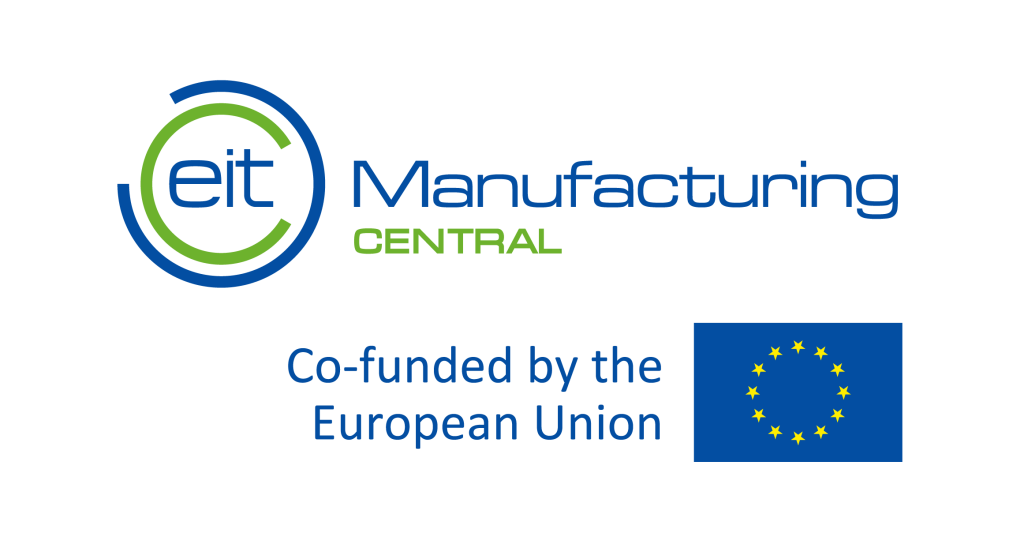
EIT Manufacturing Central
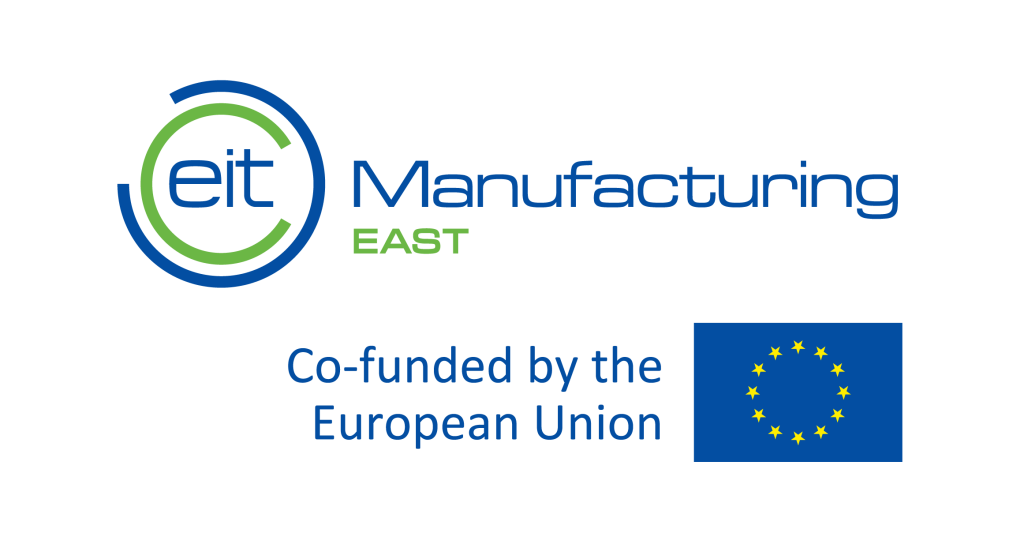
EIT Manufacturing East

HAIDLMAIR

Arburg

Brinkhaus

CONCIRCLE

Craftworks

DeltaDAO

digicert

Exoscale

Gebr. Heller Maschinenfabrik

IGH Infotec

voestalpine

Software AG
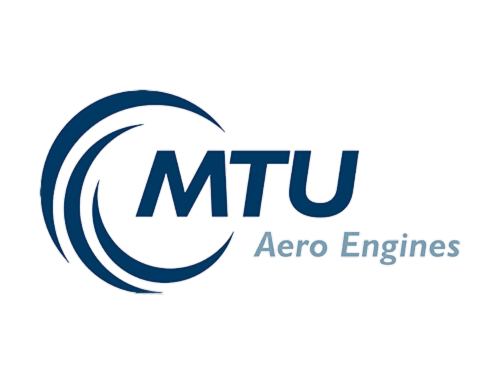
MTU Aero Engines

Plasser and Theurer

Posedio
PTW TU Darmstadt

SIMCON

STARK
